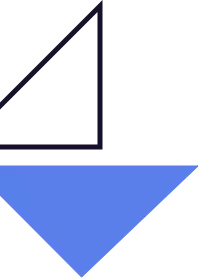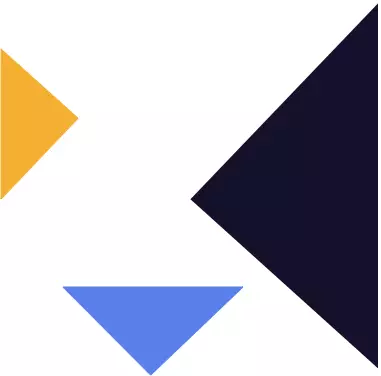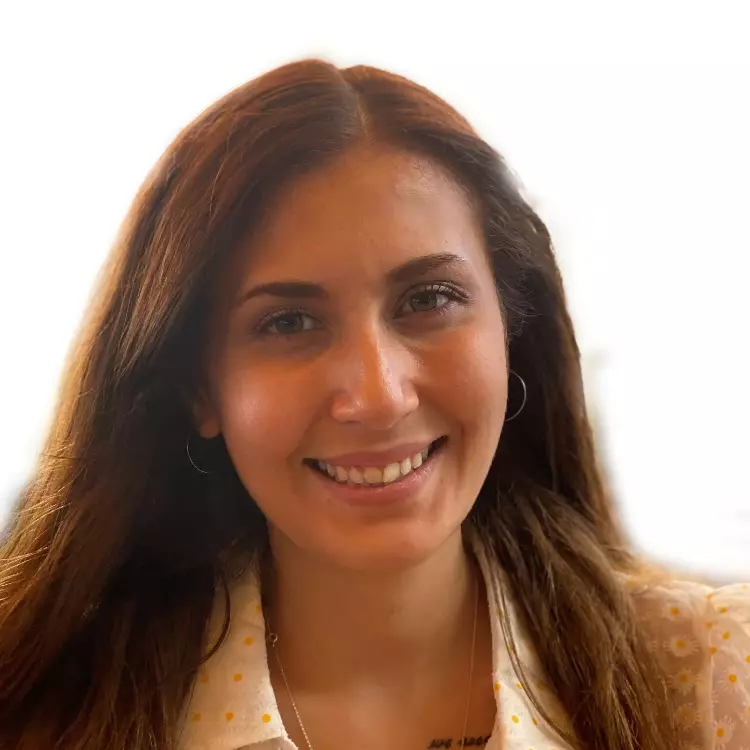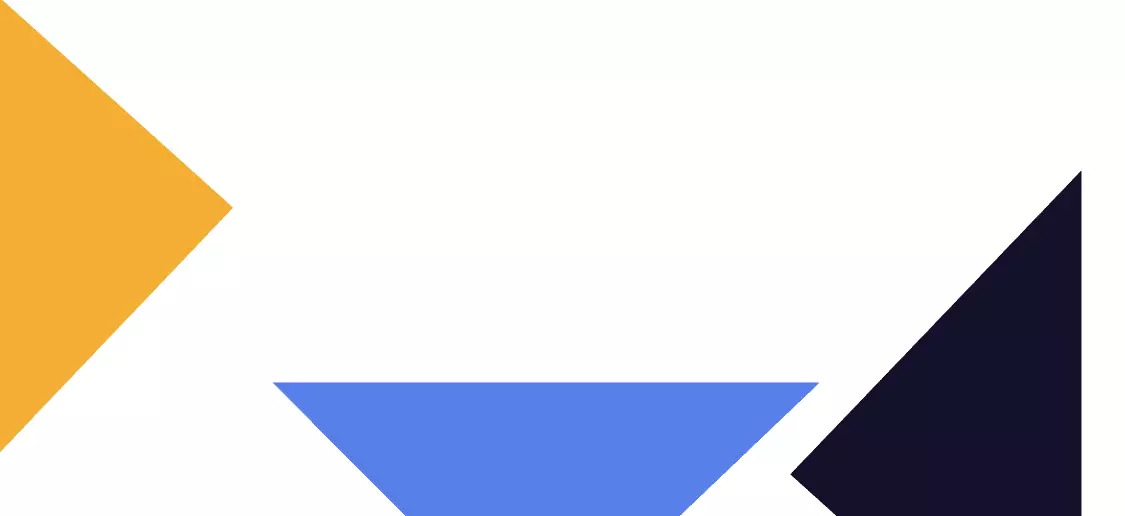


Nisa Tuncay
25.04.2022 - 09:11
Would you like to learn more about the AIHear team?
25.04.2022 - 09:11
Are you ready to learn more about the AIHear Technology team? We interviewed AIHear team, which is on the agenda with its achievements and works with the goal of bringing Turkey to the forefront by developing artificial intelligence-supported medical technologies in the field of audiology.
Let's get started on our questions!
Let's start by getting to know you. Who is Sebahattin Ünlü?
Hello, I am the co-founder and general manager of AIHEAR Teknoloji Anonim Şirketi. I graduated from Istanbul University Cerrahpaşa Audiology Department. We have developed an artificial intelligence-supported medical device called Autonomous Audiometer with our team. We are currently conducting our device's testing, analysis, and certification processes.
Although they have nothing to do with my department, I have attempted to implement various projects in order to improve my software and entrepreneurship skills.
Aside from AIHEAR, I've worked on a variety of other projects, including "Hesaplı Özel Ders.com (Affordable Tutoring)," "Chat for Learning," "inp.press" (Independent News Platform), "DuyBul," and "Auto VNG." I was accepted into many institutions' entrepreneurship programs with those projects including ITU Çekirdek, Acıbadem Bigghealth, Istanbul University, Teknokent, Tübitak BIGG, and Turkey Technology Team, and received trainings in the field of business development.
At the moment, I am responsible for the business development at AIHEAR.
One topic on which all investors and mentors agree is that the "team" is the most essential element in the startup's success. How did you meet your teammates, and how did this team come together?
That is something I wholeheartedly agree with. It would be impossible for us to continue our work successfully if we did not have a great team. Regrettably, I only realized later how important the team is. I learned from the inp.press project, an artificial intelligence-based robot journalism platform, and its founder, Enes ÜNAL.
As I previously stated, I have attempted multiple projects. If I had a project idea, I would always think to myself, "The idea belongs to me. I can do the software, the design, and the marketing. So why would I require a partner?"
However, when I joined the inp.press team, I saw first-hand how quickly and efficiently a strong team can progress. What I could do individually in 4-5 months, our team was able to do with much higher quality and success in 1 month.
We were unable to continue that project for various reasons, but it taught me the value of a strong team.
As a result, when I started our autonomous audiometer project, my first task was to put together a team right away. We began our studies with Emre BAYRAM and Samet POYRAZ, two of my Audiology department classmates.
We laid the foundation for our collaboration, but we needed to strengthen our technical wing. As a result, Ersin Onur ERDOĞAN, our current technical manager and a research assistant at Istanbul University in the field of computer engineering, joined our founding team.
Nihat Cengiz PAMUK, a biomedical engineer, joined our founding team to strengthen our team in hardware development.
Ersin and Nihat and I met through various programs in the startup ecosystem. I invited them to our project, and their acceptance helped us become a stronger team.
As a result, as five founding partners, we were able to secure the support of Tübitak BIGG and establish AIHEAR Teknoloji Anonim Şirketi.
Now, let's hit the high points. You are working on an audiometer. How did the concept of an "Autonomous Audiometer" emerge, and how was the name AIHear chosen?
When I was a third-year audiology student, I came up with the idea for the Autonomous Audiometer and began project work by forming a team. Normally, our role as an audiologist is to test and evaluate patients' hearing and balance systems, as well as to participate in the treatment and rehabilitation process. The audiometer devices were the most important tools we used while performing hearing tests in this field.
However, we completely import these audiometers from abroad. "Why don't we manufacture this medical device ourselves?" I suggested. However, doing the same product would not be enough because they would have advanced further by the time we did that. That is why I aimed for the future of this business; I stated that the future is in artificial intelligence, and I decided to develop an artificial intelligence-enabled version. In other words, I developed the Autonomous Audiometer project concept, which can automatically perform hearing tests and analyze the results.
Then we set up our team and then verified the technological feasibility of this project. Then we got down to business.
Our main goal is to use artificial intelligence to develop innovative hearing technologies and to help people in this field. We felt that the name should reflect our goal, so we went with AI-HEAR, which was suggested by one of our team members, Ismet POYRAZ. In other words, we combined the concepts of artificial intelligence (AI) and hearing system (Hear) in our name because we wanted to combine these two concepts.
What do you believe are your most important characteristics and strengths that have enabled you to reach this point? What qualities come to mind when you think of an entrepreneur?
In my opinion, our ability to work patiently without giving up as well as having a strong team are the most important factors that have enabled us to reach this point.
Being an entrepreneur is undeniably difficult. Being a medical device entrepreneur, on the other hand, is a lot more difficult. We began working three and a half years ago. We went through a very long process. After this long process, we completed our R&D studies and prototype. We are currently in the process of obtaining certification. In the meantime, it is critical that we are able to work hard and patiently. This is a feature that I believe every entrepreneur should have. Must be able to work patiently for an extended period of time.
A good entrepreneur should also focus on solutions rather than problems. Throughout your entrepreneurial journey, you will face numerous challenges. We faced it as well, and we are still encountering new issues. The important thing is that we put forth the effort and ability to solve these problems one at a time. This is how a good entrepreneur should be.
If there is work to be done for the project, a good entrepreneur should not say, "But it is not my job" or "I don't know that, so I can't do it." They must learn, study, and solve problems one by one.
There will not always be a rainbow and a sun in the entrepreneurial process. It is time to speak about stormy times. Have you ever wanted to give up and said, "This is probably not going to work," since the first time the idea came to your mind? If so, how did you overcome these challenges?
There will undoubtedly be stormy times on the entrepreneurial journey. We've also seen many severe storms and said many times, "I guess we can't do this job." I had many difficulties in my entrepreneurship story prior to AIHEAR, but I'd like to share some of my AIHEAR examples. The rejection of our pre-incubation applications was our first storm. But we developed our project idea in more detail, and we were accepted to ITU Cekirdek.
Then there was a gap in our target audience and market entry strategy, which made us pessimistic. We spoke with mentors, purchasing units, and hospital staff and discovered that it was not marketable in its initial state. Then we made it better by pivoting our strategy and project idea.
Then we learned that the medical device certification processes cost hundreds of thousands of liras and take a long time. Even if we made the product, we would never be able to pay these prices and, our work would be in vain. After learning this, we came to the point of quitting our project. But then we said, if we complete this product, we can find some kind of investment. We wanted to continue by saying that we would just complete the product.
However, we were unable to afford the materials required to complete the product and were forced to engage in a long R&D process. As a result, we would be unable to complete the product without assistance, so we applied to support programs. We applied to Tübitak BIGG and made it to a certain point. However, we were eliminated at the next stage from implementing agency.
We were on the verge of quitting after this incident. In addition, we were in the last year of the University. Our school density had increased and KPSS was approaching. As a result, my teammates decided not to continue with the project.
I took responsibility for the next Tübitak BIGG support call, with the approval of my friends. Working harder on the project and expanding the team with Ersin and Nihat, I applied to Tübitak BIGG again with the program run by Istanbul University Technopark in collaboration with Arçelik Garage. We passed all stages and won a grant of 200 thousand TL. This help has been a game-changer for us.
We have talked about the difficult steps of your journey; let's get back to the bright side. You came out of a process where you received a total of 828,000 TL funding from more than 500 investors. We believe it is one of the moments in your startup's history when you have felt the most successful and proud of yourself. What were your feelings, and how was the process? What are your thoughts on crowdfunding?
We had a fantastic time on our AIHEAR adventure. But two of them were game-changers for us. One of them that when we received Tübitak BIGG's support after a long process. The other one was the time we received a successful investment through share-based crowdfunding. These were the two times when we were most proud of ourselves.
With the share-based crowdfunding system, we received a total investment of 828,000 TL from 591 people at Fonbulucu. For me, the moment we reached our goal was indescribably happy, proud, and hopeful. The most important thing was that 591 people believed in us and shared our values. Knowing this increased not only our pride but also our responsibility. The number 591 is now one of my most important motivators. I will keep working with a sense of responsibility for each of them.
Furthermore, we are the sixth enterprise in Turkey to receive investment through this system. We also have the pride of being one of the firsts. The share-based crowdfunding system is rapidly spreading in our country, and I am confident that it will continue to grow in popularity. This system will make a significant contribution to our country's startup ecosystem. The start-up ecosystem will also help our country's development and rise. As a Turkish citizen, I would like to thank Hakan Yıldız, the system's pioneer in our country, and everyone who helped bring this system to our country.
Where and how do you think we will see the AIHear team in the future? Could you please tell us about your future plans?
In the near future, our current goal is to successfully complete the certification processes for our autonomous audiometer device and put it on the market, and then export technology to the rest of the world, particularly to Europe.
After the autonomous audiometer, we intend to develop all medical devices in audiology in their most innovative form in our country. Then, we hope to create an ecosystem in which all of these devices are linked by IoT and can be analysed collaboratively. As a result, the data from the patient's various devices will be analysed collaboratively, yielding much more advanced results. With these studies, we aim to move our country to a leading position in the field of audiology.
Let us now turn our attention to our question for those who are new to the entrepreneurship ecosystem. What advice would you give to new teams in the concept or product development stages?
We've talked about it a lot, but perhaps the most important aspect of a successful startup is the team. As a result, they must form a strong team. If you're having difficulty finding teammates, you might need to start creating your own network. You can expand your network by following and joining programs and organizations in the startup ecosystem, as well as meeting the people who work there. So you can build your team.
You should be aware that the entrepreneurial process is a long journey. If you are confident in your project, you must continue to work patiently. With your motivation, you will finally achieve your goals.
You should try to create a solid business plan before beginning a project. As a result, your actions should be as well-planned as possible. But don't make the mistake of saying, "Let me learn everything and improve myself first, and then I'll start." You can never know everything in advance, and the best way to learn is to learn by throwing yourself into the project. Start a project if you have an idea; you will learn and fill in the gaps over time as long as you have thoroughly researched its feasibility and commercial viability before embarking on it.
If you are a student, I believe you are in an excellent position to become an entrepreneur. Don't wait to graduate because you may not have the luxury of taking risks and wasting time after you graduate. Alternatively, they may be more difficult for you.
That's all I wanted to share with new entrepreneurs. Entrepreneurs in technology are our country's and humanity's hope. I wish all entrepreneurs in our country, as well as our AIHEAR team, success.
I would like to thank the Garage Innovation Hub team for this nice and enjoyable interview.
Other Contents
